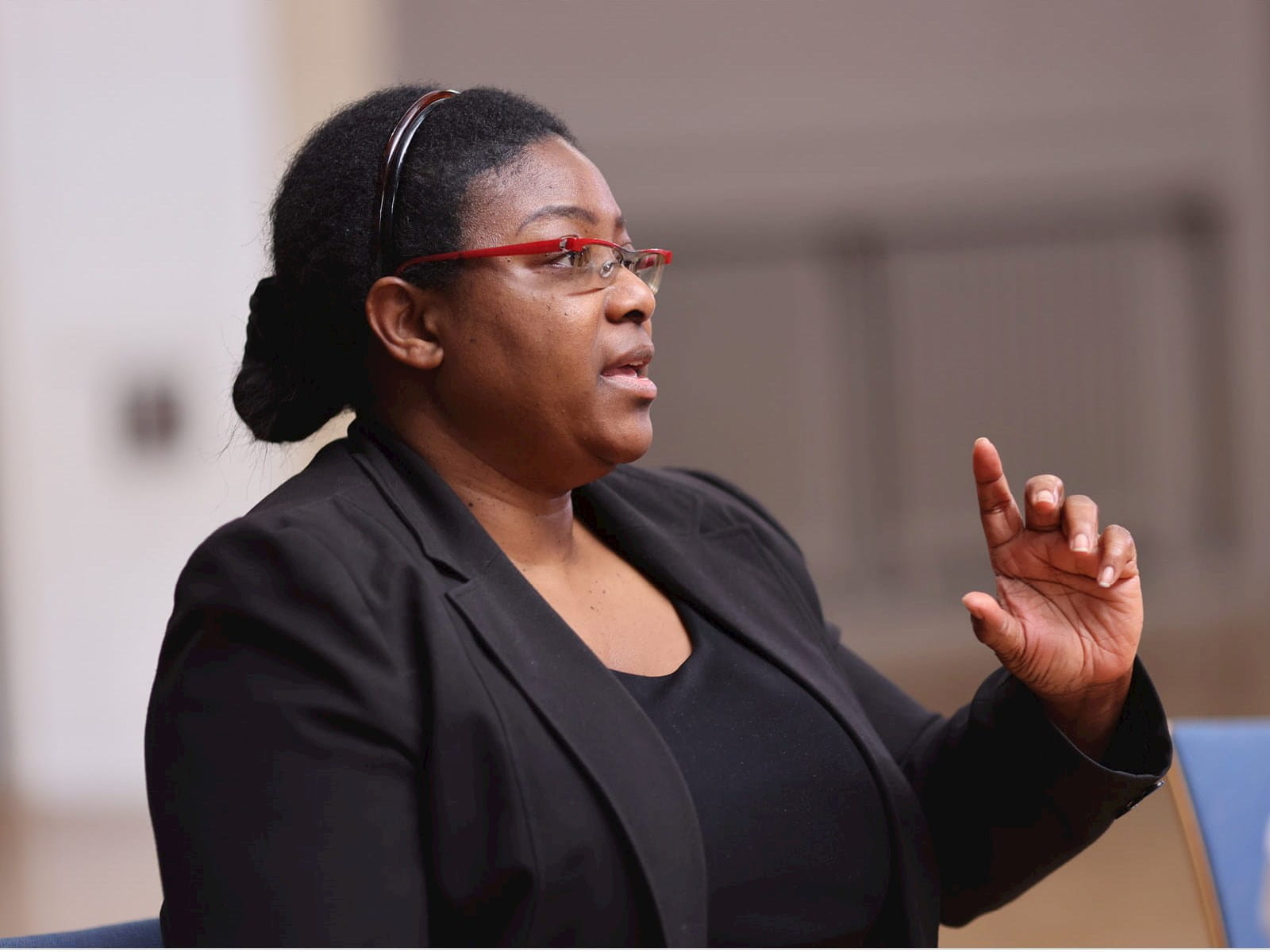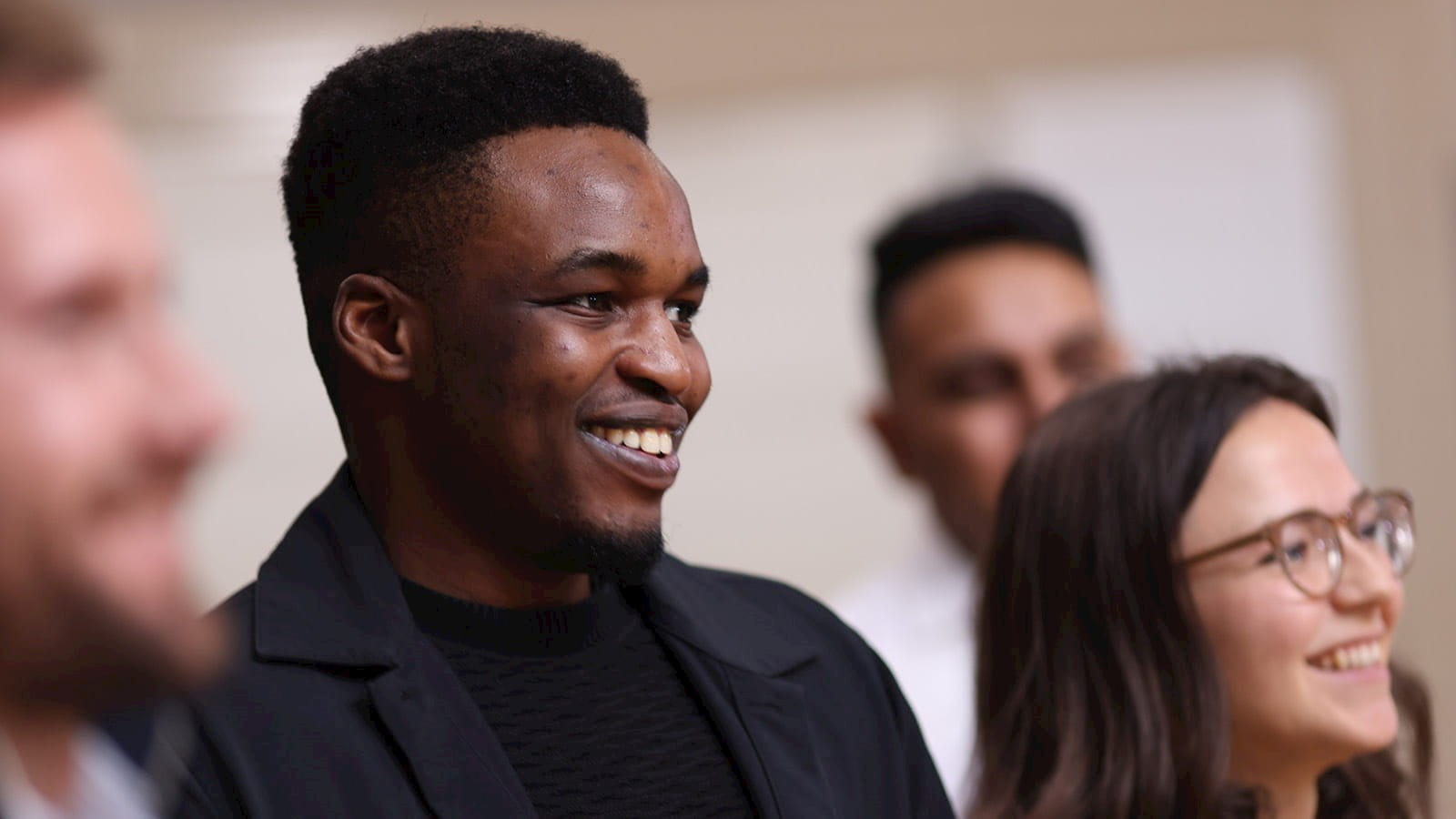Allyship has a vital role to play in making organisations more inclusive. Here are four practical steps accountancy students and the newly-qualified can take to build a network of advocates for support and career success.
Allyship is the idea that those in positions of privilege, influence or power for whatever reason, use it to the benefit of people who have historically been marginalised or underrepresented. Senior executives have a particular responsibility to be allies, especially if they are also part of one or more privileged groups.
At the other end of the career trajectory, those at the start of their careers, especially if they are from underprivileged groups, should be aware of the concept of allyship and that others should be their allies, even if sadly that isn’t always the case. But beyond this awareness, there are steps everyone can take to find and benefit from the strong support and influence provided by those in privileged positions.
1. Good allies and how to find them
“This is the right time to be talking about allyship and what it means to be an ally,” says Vincent Egunlae, an accountant at Grant Thornton who helped set up the company’s ethnicity network and is co-founder of mentoring charity, The Open Private School. “Being an ally is about understanding that other people will have upbringings or characteristics that mean there are times in their lives when they will suffer difficulty. And even if you do not share that upbringing, characteristic, or experience, you are empathetic to those who are struggling and you reach out a hand to help make their life easier than it otherwise would be.”
When it comes to identifying potential allies, the simple act of asking for support and telling others what you need can bring great results, says Egunlae. “As a first year, I had an idea to start an ethnicity network at my firm. I took the opportunity to mention it to the audit partner when I was on one of my audits and asked if he could help me. He suggested I reach out to a member of our strategic leadership team who put me in touch with a couple of people who had already started work in this area. It all led to the Ethnicity Network, a group that aims to make people feel more included, reduce our pay gap and increase representation amongst ethnic minorities. For me, the important thing and the main driver for this being able to happen is the fact that the partners at the top level in the organisation took the time to listen and help someone who was in their first year.”
2. Build your network
Building a network of allies requires a 360-degree approach. Understand how to create a circular system of support that not only looks to senior leaders for action and advocacy, but also draws support and confidence from peers, and insight and collaboration from allies across the organisation.
Deborah Harris FCA, a Non-Executive Director and audit committee chair in a number of industry sectors , says to build momentum in personal and career success a support network and a “personal board” are vital. The personal board is selected for the different skills and value they offer, and should include one or more people to cover five areas: a coach, a cheerleader, a critical friend, a champion and that one person who is not afraid to challenge you. In various ways, they hold you to account for progress towards your goals. The ‘champion’ and ‘cheerleader’ also offer impactful allyship.
“ The cheerleader is your ‘hype-person’. Outward-facing, they build support, speaking up ahead of you, reminding peers and potential supporters of your value. Cheerleader are often your peers, they publicly celebrate your success and encourage others to join them in doing so. In meetings they get you noticed, using amplification – when you make a key point, they repeat it and, most importantly, give you as its author, the credit.”
“Your champion is the person who is in the room when you’re not. Sometimes it’s in an arena situation – a team performance review, evaluations and staff grade decision meetings, an interview panel discussion of potential candidates. In these situations, they fight your battle, often facing difficult conversations, standing up against microaggressions and unconscious bias.”
3. Don’t mix up mentorship and allyship
Mentoring brings disparate groups together who wouldn’t normally mix at work and helps all groups see the power of supporting one another. And this works for all involved: newly-qualified accountants and students looking for mentors should also realise that they can benefit their mentor too. Their different backgrounds can help mentors understand new concepts and ways of thinking, and knowing this can help junior employees approach and arrange a mentoring relationship.
This idea of “reverse mentoring”, as it’s known, was popularised by Patrice Gordon’s TED Talk How Reverse Mentorship Can Help Create Better Leaders. A chartered accountant who started her career at PwC, Gordon describes reverse mentorship as: “when the novice teaches the master. This is a leader leaning into their vulnerability and welcoming a relationship with an underrepresented employee. The crux of it is to be given a voice to influence those who are making decisions.”
Finding a mentor or group of mentors will provide excellent support but don’t confuse this with allyship. “Allyship and mentorship share similarities but are different,” explains Bhavik Pancholi, a D&I expert and Diversity and Inclusion Senior Manager at pharmaceutical manufacturer Mundipharma. “Allyship is being there for a community or a group of people – being proactive with what you say and do. A mentor will be invested in an individual or individuals, offering specific support around their needs.”
Organisations that have more formalised mentorship schemes can use them to help create a stronger culture of allyship.
4. Prepare to cope with resistance
Allyship can be highly-charged, so even though junior employees should expect to be supported, they are likely to find resistance or a lack of support at some point. As allyship is tied to the idea of privilege, it can put those in a privileged position on the defensive, especially as it suggests they have benefitted from unearned advantages that others have not received.
Those who are younger may also be more attuned to the idea of privilege and the power it confers. As Pancholi says, “We see that the younger generation – millennials and Gen Z – tend to be more awake to what is happening in the world and how the world could and should be, than preceding generations .” Therefore they are more likely to speak up, he concludes. On speaking up, Pancholi counsels, “First of all, think about the route you might take. In my organisation, I would advise someone to start by speaking to their line manager or a colleague they have built a relationship with. Next, look into what networks there are in the company, especially networks in the inclusion space. Joining gives you a chance to build connections with people who might share some similarities with you and as you start to feel safe with those colleagues, you might feel able to raise your concerns.”
Yelena Travis-Powell BEM, ICAEW Diversity and Inclusion Manager said: “Junior and marginalised members of the profession should expect allyship from within their organisations and commitment from their senior leadership team. ICAEW is committed to creating an inclusive culture where it is safe to challenge unfair and exclusionary behaviour. Allies are significant change agents, their power and influence in listening, championing and role modelling should not be underestimated”.
How to be an impactful ally: 3 tips from Deborah Harris

- Before launching into actions you think will help, actively learn about other’s experiences so you can show up with informed empathy and understanding. Start immediately with small but consistent actions to educate yourself, model good behaviour or change your mindset.
- Get comfortable with the privilege you have been afforded and the positional power you have earned. Value each as a number of tools in your allyship toolkit rather than becoming defensive or dismissive. With the awareness you have already sought, you will be better able to see and address the barriers that those with less privilege face. Then move on to note your positional power at work. This is based on your role and seniority level in the workplace. Identify where – through your privilege and positional power – your impactful allyship is best positioned to drive change, in feedback, with peers or in reverse-mentoring opportunities…?
- Being an impactful ally means you take action consistently over time. Support others, speak up and focus your action on the impact on work colleagues from traditionally marginalised groups rather than how your actions or interventions make you feel. Avoid falling into a ‘saviour mentality’; instead practise and model amplification in work meetings and everyday discussions, and encourage peers to do the same.

